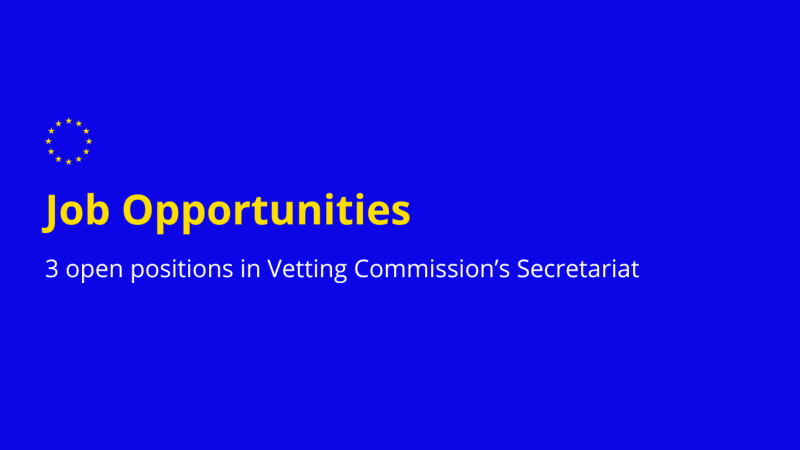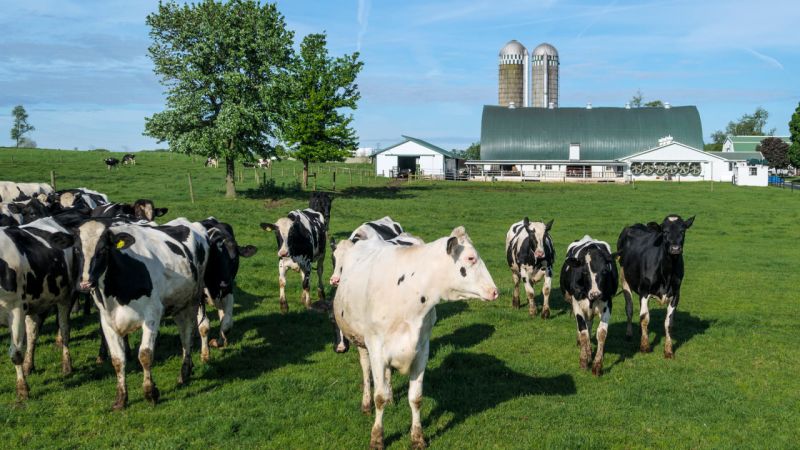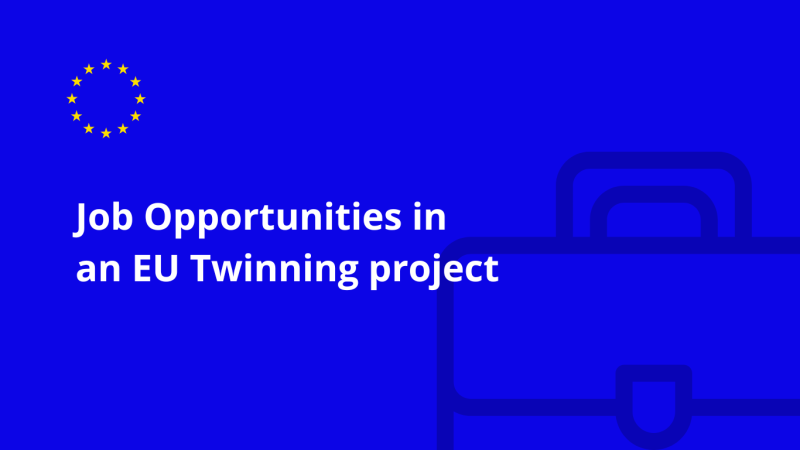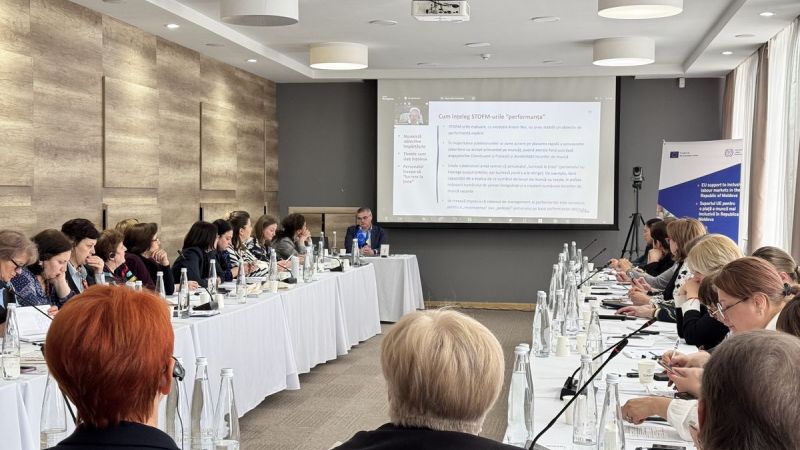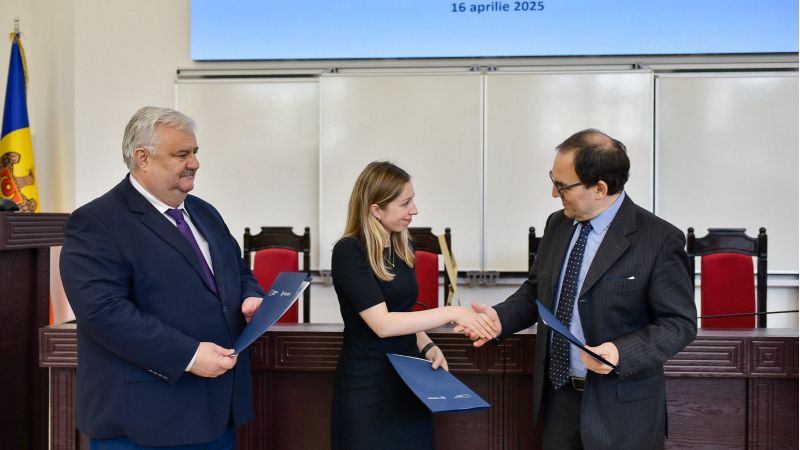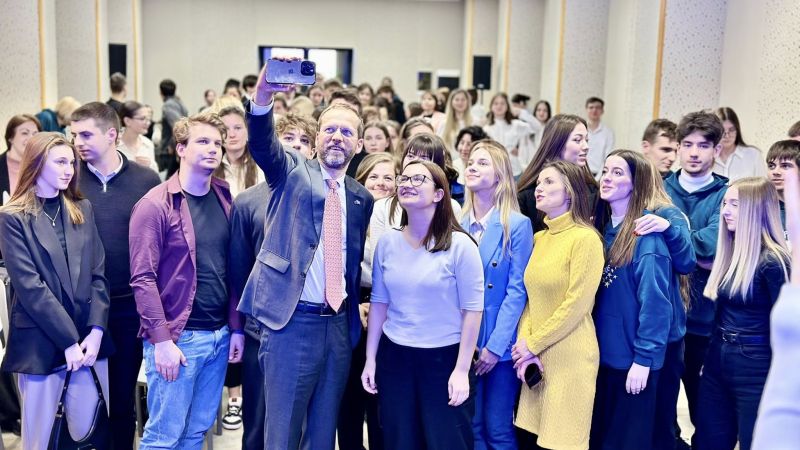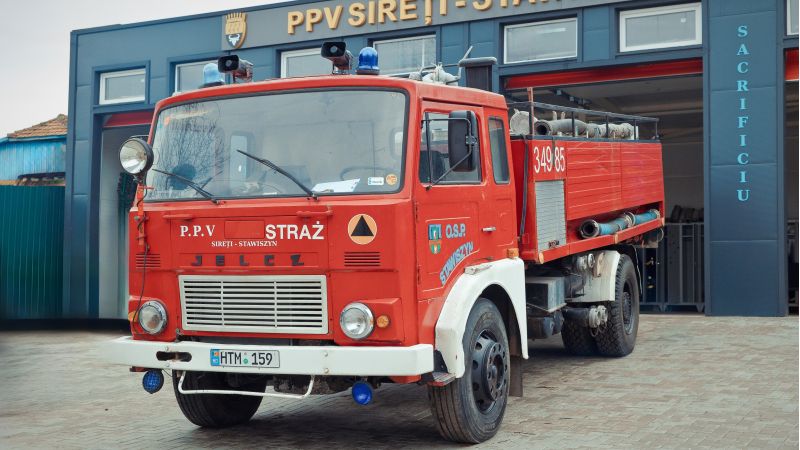
Launch of the first social laundry in Leova district – an example of community solidarity
On 28 January 2025, the first social laundry in the region was officially inaugurated in the commune of Tigheci, Leova district. This new social service was established by the NGO “Tighecenii de Pretutindeni,” in partnership with the local mayor’s office, with financial support from the European Union and local partners. The project is an innovative initiative aimed at supporting vulnerable groups in rural communities, providing them with free access to laundry services, personal hygiene facilities, and social interaction activities.
A European Union-funded project dedicated to vulnerable groups
With a total budget of EUR 27,900, supplemented by significant contributions from the Tigheci Mayor’s Office (MDL 60,000) and community donations (MDL 35,000), the project was implemented over 11 months, from March 2024 to January 2025.
These funds were used to renovate the space allocated for the service by the mayor’s office. The facility was then equipped with the necessary appliances and furniture for its operation (washing machines, dryers, an iron, ironing board, cupboards, tables, chairs, an air conditioning unit, a television, etc.).
“This project marks an important step in supporting those who need it most. The European Union reaffirms its commitment to supporting rural communities and improving the lives of vulnerable individuals. The launch of the social laundry is a concrete example of how collaboration between civil society organisations and public authorities can bring about positive and lasting changes in the community. We are confident that this service will significantly improve the lives of its beneficiaries,” stated Irina Beșliu, Programme Manager at the EU Delegation to Chișinău, who was present at the event.
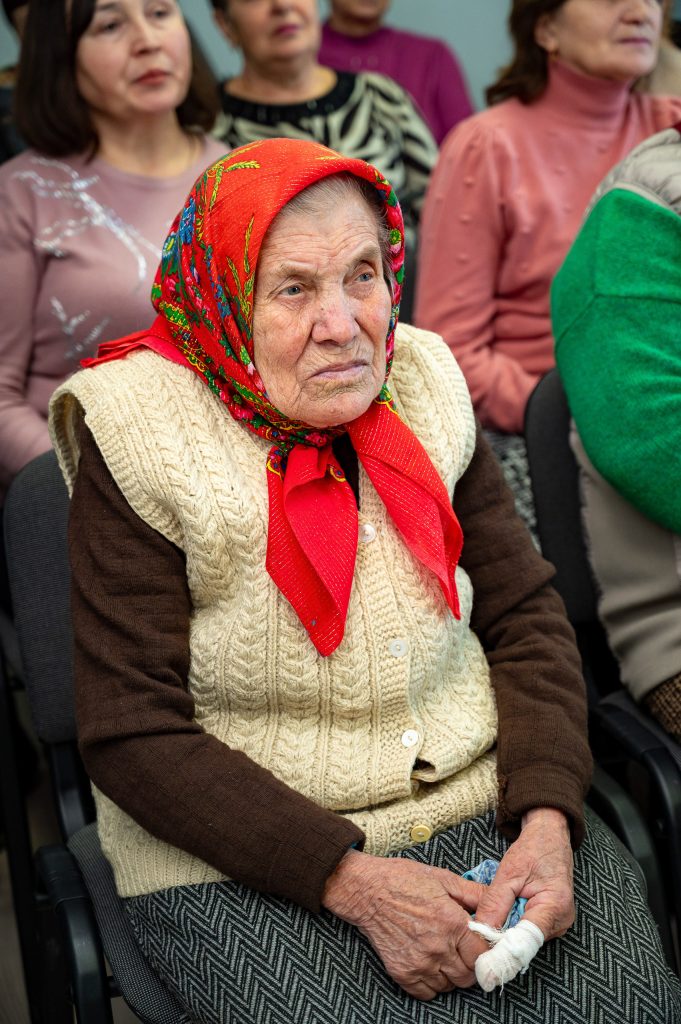
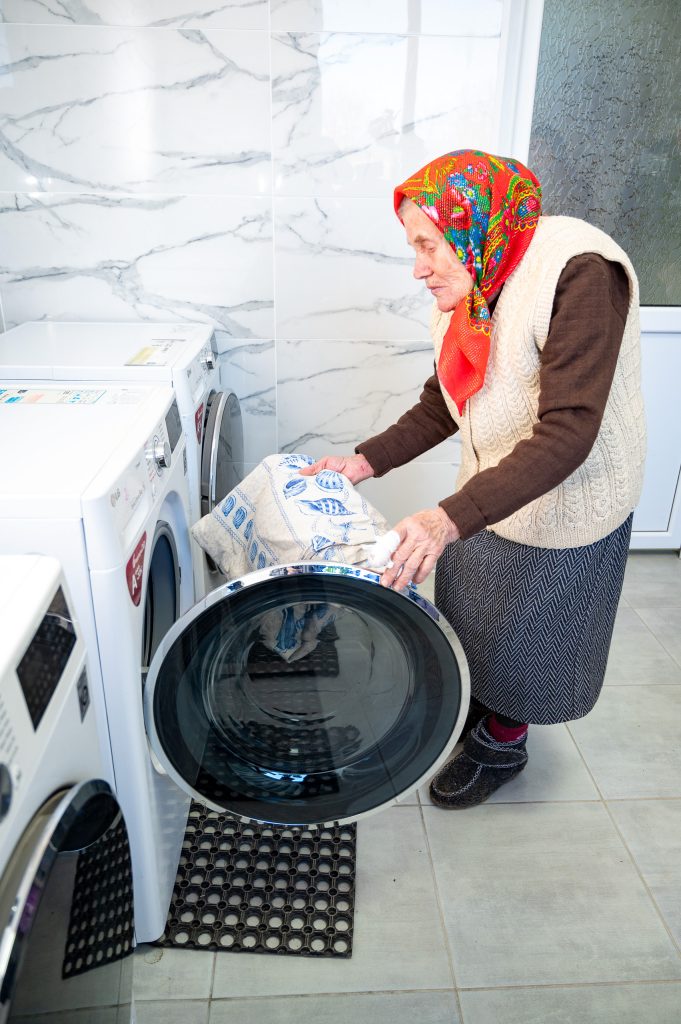
Support from local authorities – a key to sustainability
The Tigheci Mayor’s Office actively supported the project and, in accordance with the partnership agreement, will take over the management of the social laundry service, ensuring its long-term operation.
“For our community, this project is more than just a social service – it is a chance for dignity and solidarity. The mayor’s office takes full responsibility for maintaining this service and ensuring access to it for those who need it most,” emphasised Angela Crețu, the Mayor of Tigheci commune.
Concrete results for the community
The services provided by the social laundry are free of charge and are intended for elderly individuals, large families, persons with disabilities, or those who are bedridden and lack access to water, sanitation, or adequate hygiene conditions at home. In Tigheci commune, around 270 people fall into these categories.
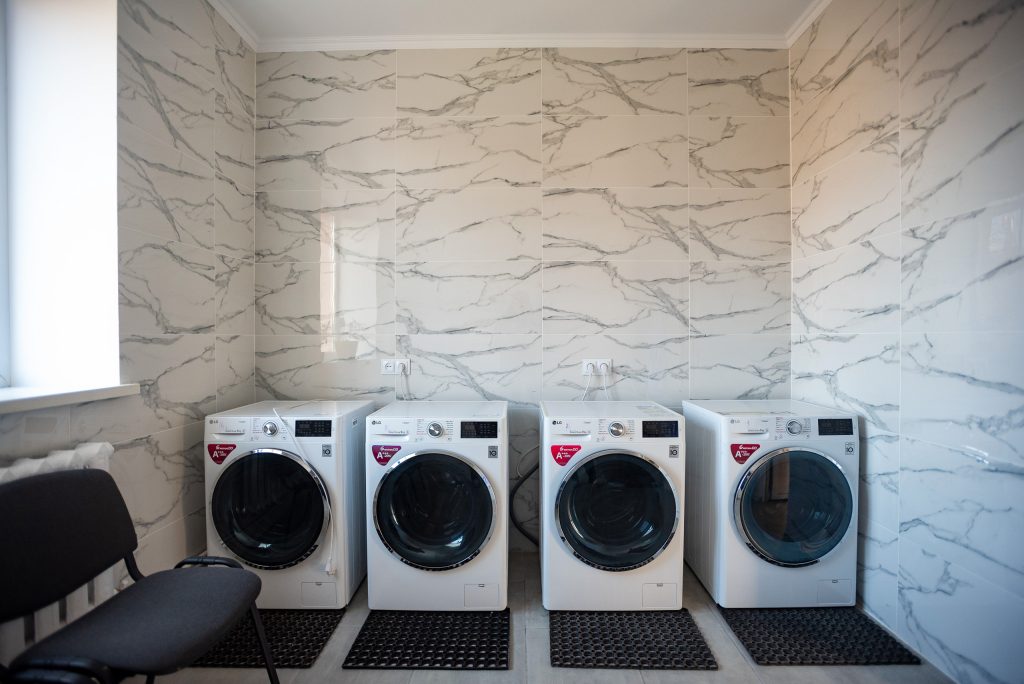
Additionally, the project has created three new jobs. The employed staff have been trained to ensure high-quality service delivery.
“The launch of the social laundry is a testament to the impact that collaboration between organisations, public authorities, and international donors can have on the well-being of rural communities. We are pleased to see the entire community involved in the development of this project: some people donated money, while others participated in various volunteer activities. We hope that the social laundry model developed within the project ‘Promoting CSOs as Partners in Developing Resilient Social Services’ will be adopted by other localities in the Republic of Moldova,” said Svetlana Hangan, Project Director at Keystone Moldova.
To date, 10 other social laundry services have been launched within the project in the following localities: Domulgeni village (Florești district), Izvoare village (Florești), Viișoara village (Edineț district), Corpaci village (Edineț), Șeptelici village (Soroca), Sălcuța village (Căușeni district), Ciuciuleni village (Hîncești), Pîrlița village (Ungheni), Cărbuna village (Ialoveni), and the town of Cimișlia.
The ‘Promoting CSOs as Partners in Developing Resilient Social Services’ project is funded by the European Union, co-funded, and implemented by a consortium of three civil society organisations: Keystone Moldova, the ‘Dorcas-Moldova’ Foundation, and the Association for Education ‘Neoumanist.’ Within the project, regional CSOs, in partnership with local public authorities, will establish and develop at least 16 social services in 16 communities dedicated to vulnerable individuals.
As a result of the project’s implementation, over 1,500 people in need due to their socio-economic conditions (low-income individuals, unemployed persons, pensioners, single-parent families, homeless individuals) will be able to access free services provided by the Social Laundry, including washing, personal hygiene, and social interaction opportunities.
